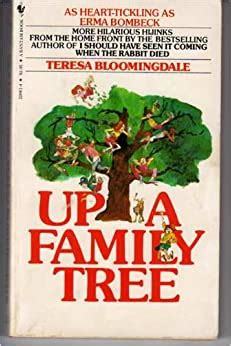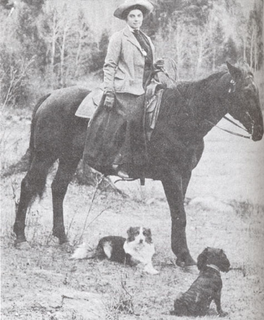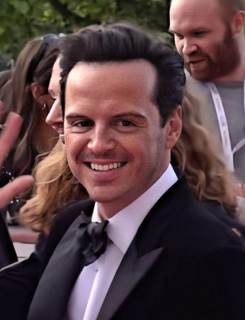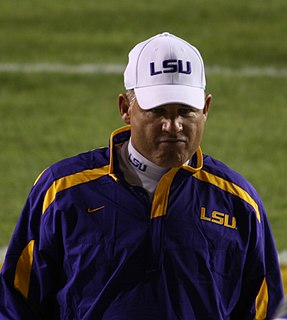A Quote by Jodi Picoult
Was there a language of loss? Did everyone who suffered speak a different dialect?
Related Quotes
Jamie Keehn, our second Australian punter. Again, you have to learn the language. You just can't speak to those guys. You have to know how to speak Australian. ... Australians have a higher voice. When you just speak regular English, it doesn't quite get across. Of course, we've had experience with our Australians, so we're pretty comfortable with adjusting our dialect so that it fits the ability to communicate.
To demarcate [words in way that changes the meaning] is simply to speak a different language than everyone else. And I do not accept semantic games like that. [...] We need to use words as they are actually used and understood. We can correct errors and inconsistencies and make distinctions. But we can't try to foist an alien language on people.


































